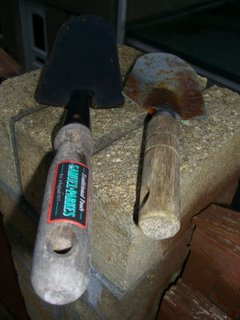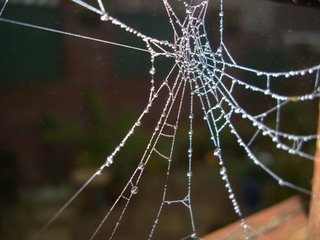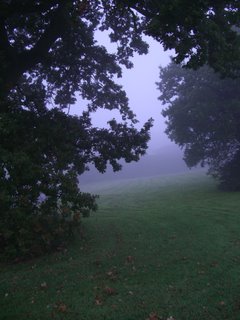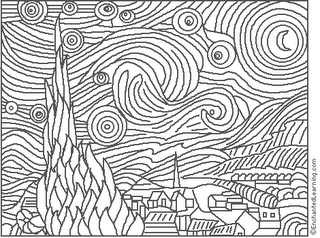 A day has slipped by without my authoritative and opinionated voice shaping the time passing! I expect we can all live with that!
A day has slipped by without my authoritative and opinionated voice shaping the time passing! I expect we can all live with that!The day was taken up with some of the preparations for Paul’s 40th birthday party: it’s amazing how time greedy chopped salads can be! The event in the evening justified all of the effort (mainly from Paul Squared) and there was the usual mass of food left over, the typical result of a sudden fear that everything will have been consumed in the first five minutes and people will stagger home at the end of the evening gaunt and underfed to drop of malnutrition in front of their homes!
The only real reason that people would have fallen in front of their doors would have been because of the cost of booze in the Political Party Club in which we were having the festivities. (I simply cannot bring myself to name the Party because of deeply ingrained hatred and a cheerfully unforgiving condemnatory attitude towards a certain woman Prime Minister.) Indeed I think the refreshingly unhorrific price of the drink may be the real reason that the Party has any votes at all in each succeeding general election in this constituency when, for the umpteenth year in succession, they lose.
The music in the party was well judged by age group as, not only did I recognise the tunes but, wonder of wonders, also knew some of the lyrics: they must have been really old! Lucy was her usual manic self and whipped up other people to a version of the Dancing Frenzy that, like the dancing plague swept Europe in the Middle Ages after the ravages of The Black Death had just died down. The dance (both then and last night) was characterized by wild leaping, furious screaming and foaming at the mouth, which gave to the individuals affected all the appearance of insanity. I have photographs: all the proof that I need to apply the remedies which were used at the time from swathing in tight bandages to physical abuse!
With the wonders of the Internet it is possible (as I have found) to have one’s slightest and most whimsical similes given profound depth by finding a suitable site to extend and develop one’s knowledge. If you don’t believe me then try clicking on the following and read on! http://www.history-world.org/Dancing%20In%20The%20Middle%20Ages.htm
As I read this short account I was reminded of one of my favourite books in my history courses in university: The Black Death by Philip Ziegler – one of the most enjoyable reads about mass destruction that I have come across since I first lisped my childish way through the more bloodthirsty books of the unreformed first part in that blood drenched book openly recommended to the impressionable young called The Bible.
The dancing aside the most memorable moments concerned the arrival of the ‘Cardiff City Bluebirds Cake’ and its visual presentation as a post-modern ironic comment on the sexual ambiguity of football in a society where the macho quality of male sexuality is in hiatus.
The two tiers of the cake represented not only the hierarchical nature of the leagues and competition within the game but also was a playful comment on the seating areas within the stadium commonly referred to as tiers.
 The circular nature of the cake was an echo of the centre circle on the playing field, while the circularity was reflected in the true roundness of the balls which ringed the two tiers; the latter items also relating to male sexuality with their monochromatic colouring – black and white – relating strongly to the concept of ying and yang.
The circular nature of the cake was an echo of the centre circle on the playing field, while the circularity was reflected in the true roundness of the balls which ringed the two tiers; the latter items also relating to male sexuality with their monochromatic colouring – black and white – relating strongly to the concept of ying and yang.The clear symbolic nature of the convoluted erectile array of candles around the cake needs no further comment from me.
The tip of this upwardly thrusting cake was decked with a string of silver stars reflecting the yearning for celebrity within a galaxy of luminaries while the glittering restraining wire, emphasised the interconnectivity of human aspiration which, while spiralling ever upward, is yet restrained by the essentially grounded nature of humanity. It is a visual representation of the Promethean Myth: ideas free and soaring, yet the reality bound in the quotidian concerns of life.
 The witty use of feathers on the top of the cake represented the clouds, not only of unknowing (see also Saint Teresa and Thomas a Kempis) in a spiritual sense but also of the inchoate, of unrealised possibility. Their feathery lightness was the aspirational target (or goal) of the small birds which flew on the whiteness (a combination of all colour) their blueness representing preciousness (ultramarine – the most expensive pigment in painting) and sanctity (the colour of the dress of The Virgin Mary.) They also served to emphasise by their wispiness a certain androgyny and campness which is concomitant with the action of a football game with the obvious breaking down of barriers in male behaviour by the constant kissing and embracing which accompanies any achievement on the pitch.
The witty use of feathers on the top of the cake represented the clouds, not only of unknowing (see also Saint Teresa and Thomas a Kempis) in a spiritual sense but also of the inchoate, of unrealised possibility. Their feathery lightness was the aspirational target (or goal) of the small birds which flew on the whiteness (a combination of all colour) their blueness representing preciousness (ultramarine – the most expensive pigment in painting) and sanctity (the colour of the dress of The Virgin Mary.) They also served to emphasise by their wispiness a certain androgyny and campness which is concomitant with the action of a football game with the obvious breaking down of barriers in male behaviour by the constant kissing and embracing which accompanies any achievement on the pitch.The lighting of the cake was a coup de theatre which spotlighted it as in the stadium; emphasised the self destructive nature of the life of a sportsman - brief and bright and focused attention on the moment, soon to pass.
As the flames from the candles reached upwards the full mythic potential of this remarkable cake reached its apotheosis: the burning of the feathers forcibly reminded the audience yet again of the Prometheus stealing fire for the benefit of mankind, yet the singeing of the feathers reminded us of the woeful fate of Icarus who flew too close to the sun.
A cake with, I’m sure you will agree with a strong didactic theme and much for Paul to consider as he translates the messages cooked into his cake and literally inwardly digests their import. A true message in marzipan!
 Rather defiantly I took a photo to keep up the photographic theme, although it has to be said that, yet again, I did not go more than two paces from my door to take it.
Rather defiantly I took a photo to keep up the photographic theme, although it has to be said that, yet again, I did not go more than two paces from my door to take it.I will have to call my photos ‘Pictures from a Small World’!















































